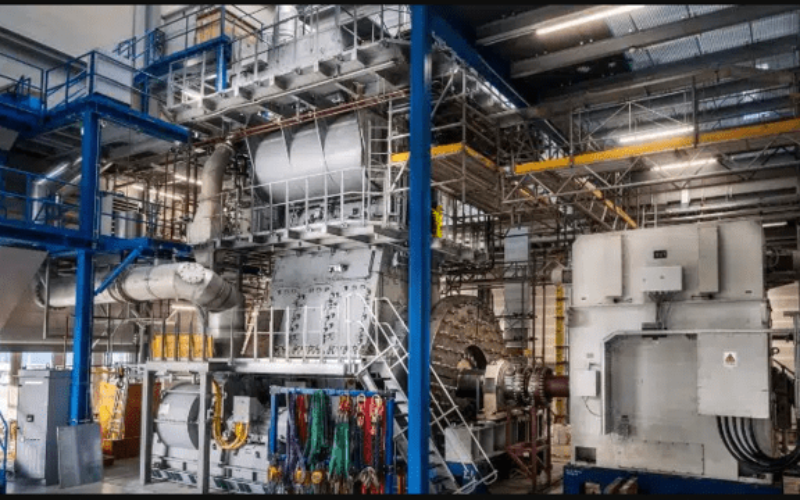WinGD and Alfa Laval have formed a new partnership, with Alfa Laval set to supply two fuel supply systems (FSS) for the testing of WinGD’s ammonia-fuelled engine in early 2024.
Ammonia is anticipated to become a key fuel in the shipping industry’s efforts to reduce its impact on carbon emissions, according to WinGD.
The project is in the framework of WinGD and Alfa Laval’s earlier agreement for cooperation on methanol and ammonia, signed in 2022. This gives both companies the chance to optimise the overall fuel supply and use it for later application onboard.
READ: Yara International launches world’s first clean ammonia-powered containership
Alfa Laval FCM, a low-flashpoint fuel supply system (LFSS), has a flexible design and fully-automated operations to ensure safe and smooth process control.
This project will provide a testing environment to help both the companies carry out development activities of the engine and equipment associated with it. Alfa Laval will also investigate and develop a mitigation system to secure safe handling of ammonia.
“Strategic collaboration, like this one with WinGD, represents a definitive pathway towards achieving decarbonisation and fuel transition,” said Viktor Friberg, Head of Marine Separation & Fuel Supply Systems, Alfa Laval.
“We have expanded our technological expertise to be ready with solutions for ammonia engines in alignment with our ambition. This joint research and development project is an efficient pathway to facilitate the use of one more alternative fuel.”
READ: COSCO signs up for methanol retrofits
“With each new collaboration we are one step further on the path to running engines with zero carbon emissions,” said Sebastian Hensel, R&D Director, WinGD.
“Our ammonia testing campaign began in 2021 with extensive research into the combustion characteristics of the fuel. The fuel supply system is an important next step in the technology development, keeping pace with our delivery targets of 2025.”









